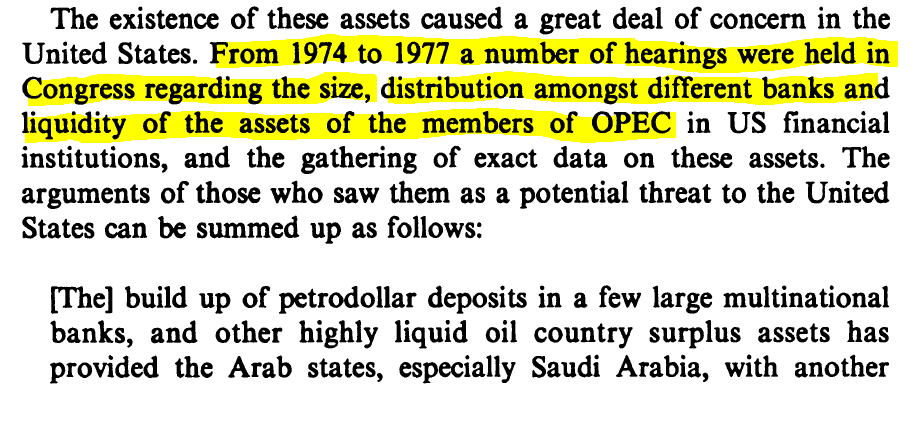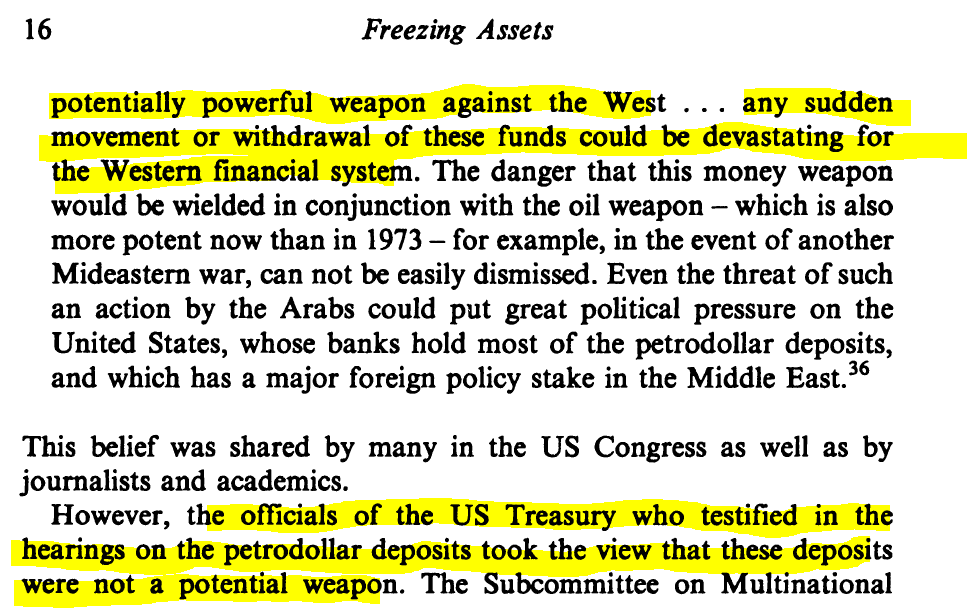If you are struggling to understand the difference between proposed SWIFT sanctions and the targeted sanctions on specific Russian banks unveiled today, here's a quick tutorial, using a forced air home heating system as an analogy for the cross-border payment system. 1/
In your home you have a thermostat. When the thermostat recognizes that the temperature is too low, it sends an electrical signal to your furnace to heat up some air and blow it into each room via heat ducts. 2/
In this analogy, SWIFT is the thermostat system, the the warm air is the $$$, and the ducts are correspondent bank accounts. 3/
SWIFT is how banks communicate with each other, requesting that $$$ be moved from one account to the next. But, just like the thermostat doesn't move warm air around your house, SWIFT doesn't move $$$ around the world. 4/
$$$ flows from one account to the next via correspondent banking accounts. This is the "duct work" of global finance. 5/
The US banking sanctions unveiled today prohibit specific targeted banks from accessing the duct work that moves $$$ around the world. 6/
OTOH, SWIFT sanctions would apply at the country level and cut off all Russian financial institutions from the thermostat (messaging system). But SWIFT sanctions would *not* cut all Russian banks off from the duct work. 7/
Technically, Russian banks not targeted directly by Treasury could attempt to find messaging workarounds, even if they were cut off from SWIFT. But this would take time and have substantial transaction costs. 8/
Banks (like VTB) targeted directly by Treasury won't be able to move $$$ through the financial ducts. To use the analogy, it is as if you were to disconnect a room from the heating ducts. Even if it had a thermostat, it wouldn't matter--heat would no longer reach the room. 9/
So, the targeted sanctions announced today are more severe for individual banks, but they are much narrower in scope.
Fin.
Fin.
• • •
Missing some Tweet in this thread? You can try to
force a refresh
















